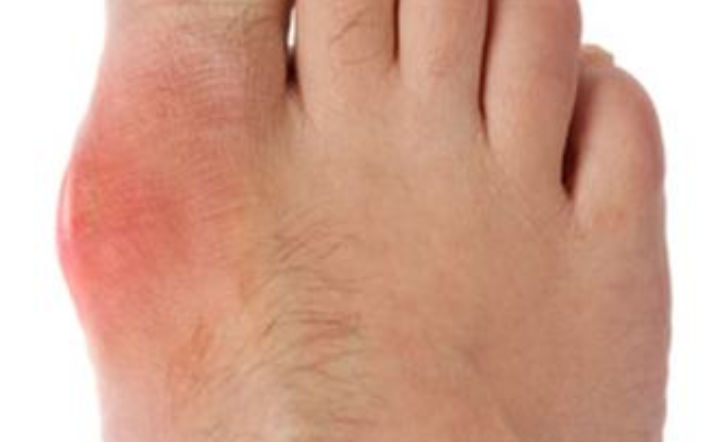
Your body tries to expel this buildup of mucus, mostly by coughing. This keeps the cilia from doing their work of transporting unwanted particles out of your body. When mucus becomes too thick, dense, or dry, it can build up in your airways-especially in your nose and sinuses. When you think about it, there’s actually a good side to mucus: It traps and prevents dust, allergens, bacteria, viruses, and other irritants from entering your system. Mucus works with your cilia ––the tiny hairlike structures that line your airways– to get rid of airborne particles. It’s produced by the mucus membranes that line your mouth, nose, throat, sinuses, and lungs. Mucus is part of our body’s frontline defense against infection. Most of us think of too much mucus as a problem only during cold and flu season, but there are many reasons excess mucus in your throat can be a year-round problem, too. And just an overall feeling of being stuffed up. By addressing the issues causing your body to overproduce saliva, you'll be able to enjoy a mouth-watering treat without feeling self-conscious.The coughing. You can also find relief by staying hydrated to help thin out excess saliva so it's swallowed more easily.ĭealing with excessive saliva can definitely put a damper on the way that you talk, eat and socialise. Alcohol is a natural drying agent and can signal to your mouth to produce even more saliva. Swap your usual mouthwash for a formula that has no burn of alcohol. Triggers may vary person to person, citrus fruits and alcohol in general can decrease saliva production. But there are other things that you can do to reduce how much saliva your body produces.Īvoiding foods and drinks that can cause saliva production, for example, can help. In many cases, changing medications or getting treatment for medical issues can help resolve excess saliva. The best way to stop your body from producing too much saliva is to address the underlying issue.

Drooling or constantly having to swallow might be a sign that your body is generating too much saliva, making for an embarrassing issue. Still, your body should be producing just enough saliva to perform essential processes and nothing more.

In fact, a chronically dry mouth is often a precursor to tooth decay and cavities. The University of Liverpool outlines the important roles that saliva plays in oral health, including washing food particles from the teeth, breaking down food in preparation for digestion, and even contributing high levels of calcium to keep teeth strong. With these facts in hand you may be better prepared to handle this problem. Usually the side effect of another condition, you should always seek advice from your dentist or doctor if you think your mouth produces too much saliva. Sometimes called hypersalivation, an excess of saliva production could give you key clues about your overall health.

But when you suffer with excessive saliva, the idea of something being mouth-watering could leave you feeling embarrassed about your condition. When someone says something is "mouth-watering," it's usually meant as a compliment to say something tastes great.


 0 kommentar(er)
0 kommentar(er)
